Recreational vehicles have been around for a long time. Well known as being used for the family to enjoy a bit of the outdoors out the weekends and for Holiday breaks etc.
Quite recently the particular demographic that purchased RVs regularly has changed with younger generations using them as permanent homes to enjoy a more Nomadic lifestyle.
Pros and Cons of living in an RV aren’t static elements they differ depending on the user and the lifestyle they imbue. However, before we dive too deep what was the original purpose of the RV, how has that changed?
A History
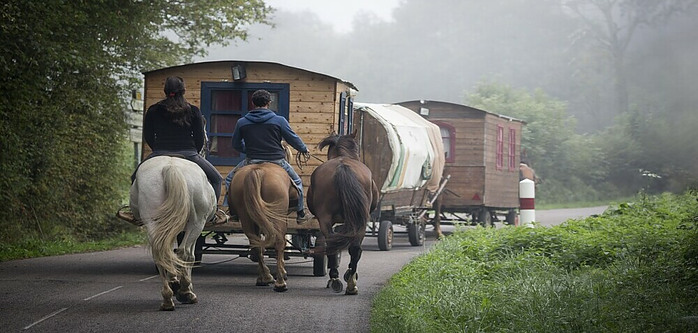
The first RV that was commercially made for distribution was in 1910. It debuted at the world famous Madison Square Garden and was loved. That particular model wasn’t the RV as we know it today. It was for the relatively wealthy boasting a chauffeurs seat for your driver, with a sink that could fold down from it’s rear. A back seat that became a bed for a proper lounging experience and of course a chamber pot for bathroom purposes.
Around this time everyone wanted to get in on the action, pack the family up and enjoy the great outdoors at a popular state park or beach. There were camp grounds a plenty, many with amenities like movie theaters and golf courses.
However, even before the distribution of the first RV in the United States people around the world were customizing their vehicles for outdoor activities, adding tents and mattress to the vehicles they owned. The Roma people were known for their large caravans throughout the 1800s. This was a natural progression from the nomadic tent lifestyle to something more mobile.
Regardless, this is the history of Recreational Vehicles and are the foundation on which modern RVs were built. Pros and Cons of living in an RV stem from what you want from it. If all you need is shelter and it provides that’s a pro, If you want to live a life of luxury and your RV is bare bones and cheap that is obviously. So keep that in mind when deciding whether living in an RV is for you.
Pro 1 Freedom
This is one of the most glorious traits of an RV. You can move freely with your house in tow at any moment. Can it get any better than that? If you have wanderlust or a nomadic spirit it is the perfect thing to add some adventure to your life.
Imagine waking up by a stream in Oregon covered by beautiful large redwoods and animal sounds. You can enjoy the peace of such a beautiful space and a week later be living at the edge of beach, people all around with the salty mist of the ocean blowing your hair back. This is the majesty of RV living, absolute freedom.
Pro 2- Location, Location, Location
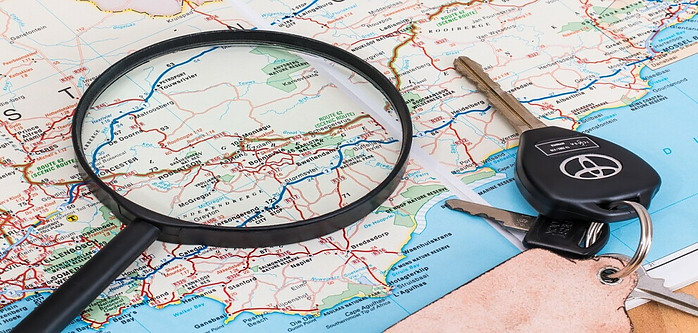
You can literally live wherever you want. Even if you set the RV up for a month or two in New York for the Summer you can take it down to Miami Beach and stay there for the Summer. This is less about constantly traveling and more about the fact that you can take your home anywhere in the world on a whim.
When you buy a house you are stuck where the location of that house is. You can travel yes but not on a whim and your house can’t go. Mail has to be figured out so people don’t know your house is unoccupied and rob it. Plants may need to be watered, Bills still need to be paid. If it’s long term you may need a house sitter to keep things in order and maintain dust etc. Meanwhile in the RV you can ferry your vehicle to Europe and live there for a year without commitment and bring that thing right back when your ready to go somewhere new. The real estate of the world is available to you without having to buy anything!!
Pro 3 Cost Effective
The cost of owning and maintaining an RV are far less than a traditional home and or rent. If you buy the RV outright you may literally have no bills whatsoever. Think about it for a minute, literally in a house that is bought and paid for that can go anywhere you want it to.
Even if you want to build your RV from the ground up and customize it your liking the price is still dwarfed compared to a house build. I bought my RV for $300 running, not well, but running nonetheless, I gutted it and tuned the engine and after about $4000 total it was road worthy and ready for adventure. This is what I mean by cost effective. It doesn’t get much cheaper than that for a house that can travel the world.
Pro 4 Eco-Friendly

This will always be a pro. The world has limited resources and the more we reuse older vehicles to their full potential or living in homes that take up less space the better it is for the environment. In a smaller space you consume less, you don’t need as much and you don’t delete ecosystems with your permanence in a region.
There is and will always be a housing crisis of some kind however RV living mitigates that. On top of that RVs use less water and electricity than traditional methods even with the use of the generator and fossil fuels to produce it. If the RV is equipped with solar the benefits are even greater.
Con 1 Roots
Most people consider home something rooted in place that you can always go back to. This could mean traveling the world and coming back to your condo in New York where everything is just as you left it. A place to decompress and be at one away from the surrounding world.
In the RV it’s not quite the same. You are constantly in your house so there is no coming back to it. It’s everywhere you go. When the roads are snowed or it’s rainy for days on end most people stay home and wait it out. That is not an option for the RV you are on the road in your house. While for some this is the purpose this may wear on others. I know this happened to me on a number of occasions in my RV but I could just go back home as it was temporary living. If however your RV life is permanent you won’t have that luxury and that is something to think about.
Con 2 Maintenance
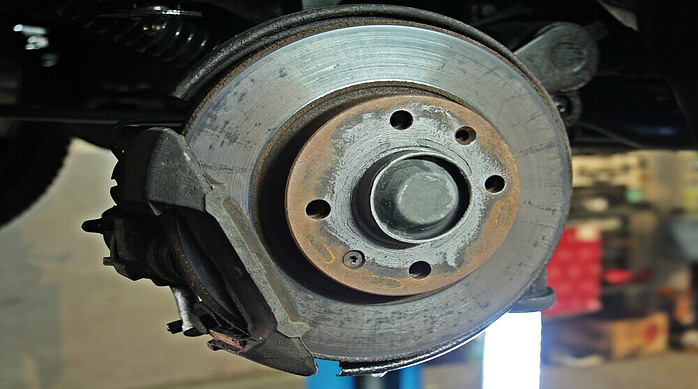
This is something that is typically overlooked. Think about this you are out on the wide open road after enjoying some hot springs in Nevada and there is nothing but freedom ahead of you. You have your beautiful house, amazing life and a companion to keep the silence at bay. The engine begins to sputter and you hear an awful sound like a metal cog out of place grinding on all the others. The car screeches to a halt in smoke. You get out and immediately see a pool of dark liquid on the asphalt. You get towed to the closest shop and they tell you that you threw a road and it put a hole threw your engine block.
With any other vehicle you can leave it at the shop and have it repaired or tow it home an figure out the insurance implications and whether it’s covered. When it’s your house what do you do? How long will it take for a new engine? Where will you go in the meantime.? Where will you live?Let’s assume living inside the vehicle in the shop is not going to fly.
These is one of those major cons if you don’t have any contingencies. If you keep up with maintaining the vehicle you may avoid it but every time you get maintenance done or need parts where will you go? Can you do the work yourself? This is a big factor in RV life.
Con 3 Forever Costs
In a regular house you can let things fall into disrepair… there are dilapidated structures out there right now that haven’t been maintained in 20 years and are still standing with people living in them.
For RV life this isn’t something that can be done. Well it can if you want an immobile RV, squatting on someones plot of land stuck, out in the middle of nowhere. Let’s assume this isn’t the case. You have to gas up all the time. This is a constant cost, wherever you go you will need gas whether that be for your RV to travel or if you have a generator to power your RV it will also be needed for creature comforts. You will need water, for your sink, for your shower, to drink etc. this is something that will have to be constantly done for you to live in your house. If anything is run on propane this will be another permanent cost.
Now I understand you have permanent cost for a house but that is something the city provides you just have to pay and it all comes to you. For the RV you have to go get it. Whether that be a gas station for petrol or camp ground to dump septic.
On top of the basic you will also need constant maintenance, air filters, oil filters, belts, pulleys, tensioners, brakes, insurance, registration etc just to name a few.
Con 4 Space
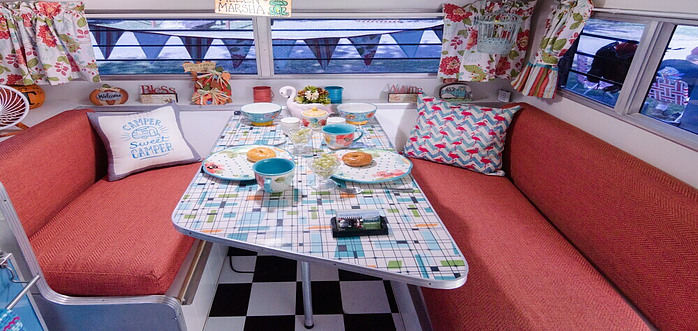
The idea of incredibly limited space is something that you have to get used to. Not everyone is built to be in enclosed spaces for extended periods of time, regardless of how plush. A lifelong adventure is truly amazing but if you feel caged throughout it’s entirety it won’t be enjoyable.
You have to think about the small things. Is there storage space for the things needed? Is the bathroom to small for me to shower comfortably? Will the sleeping situation hurt my back over time? Can I live and work in the same space day in and day out?
Space will start to envelop you if you let it. So it is something that must be taken into account on a case by case basis
Pros and Cons of Living in an RV
There are a lot of things to take into account before making your decision. On wide side you have bountiful freedom, eco friendly living that allows you travel to and temporarily reside in any location in a cost effective manner. But this all at the risk of living a life with no roots, with a lack of space in a home that needs to be maintained constantly with seemingly permanent costs.
Whether it will work or not for you largely depends on you being able to bend to circumstances and enjoy whatever comes at you. If you can’t do that you may want to find another way more in line with your nature to allow you to enjoy the freedom that RV living can give.
Do you think RV living is for you? Let me know below.
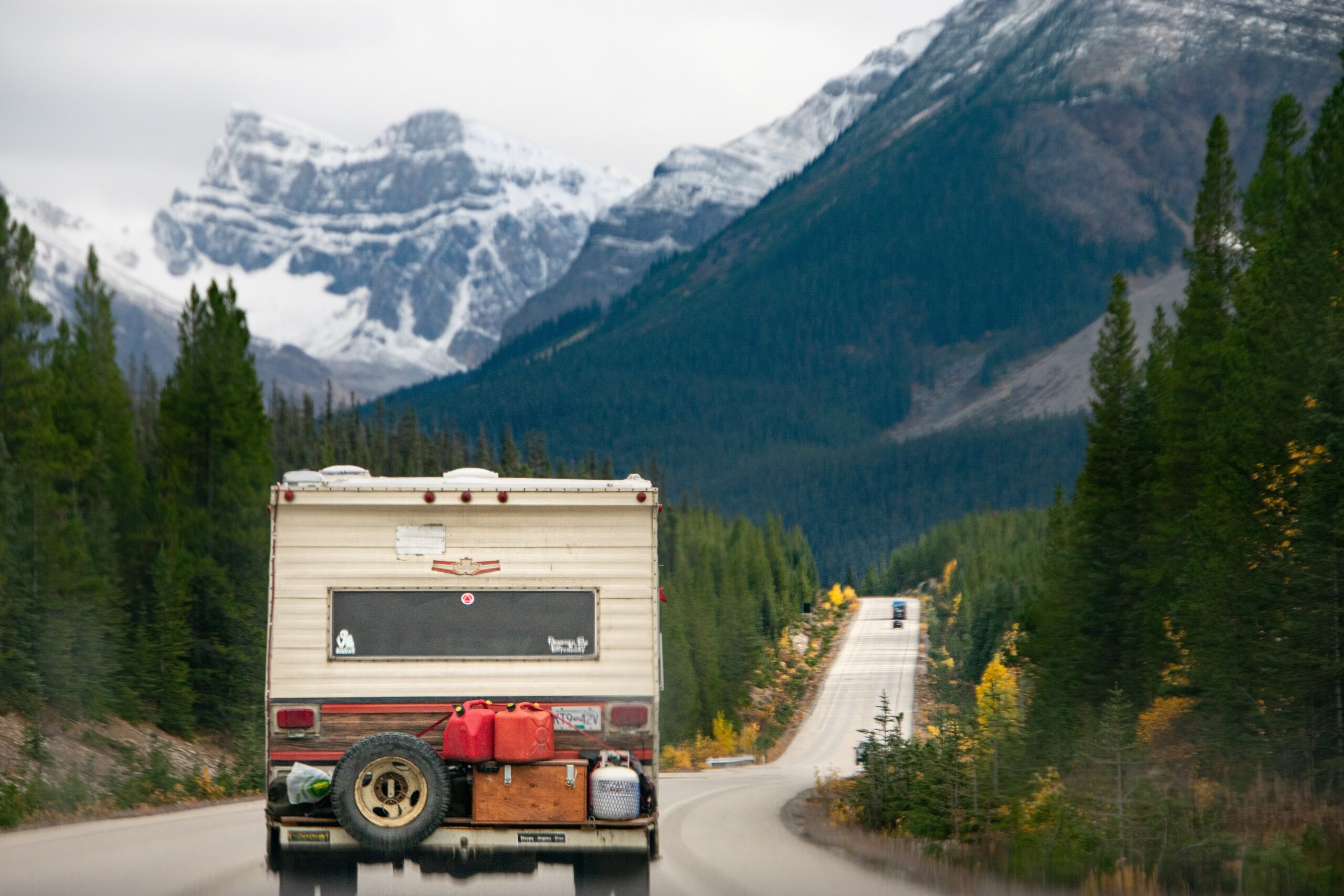
Leave a Reply